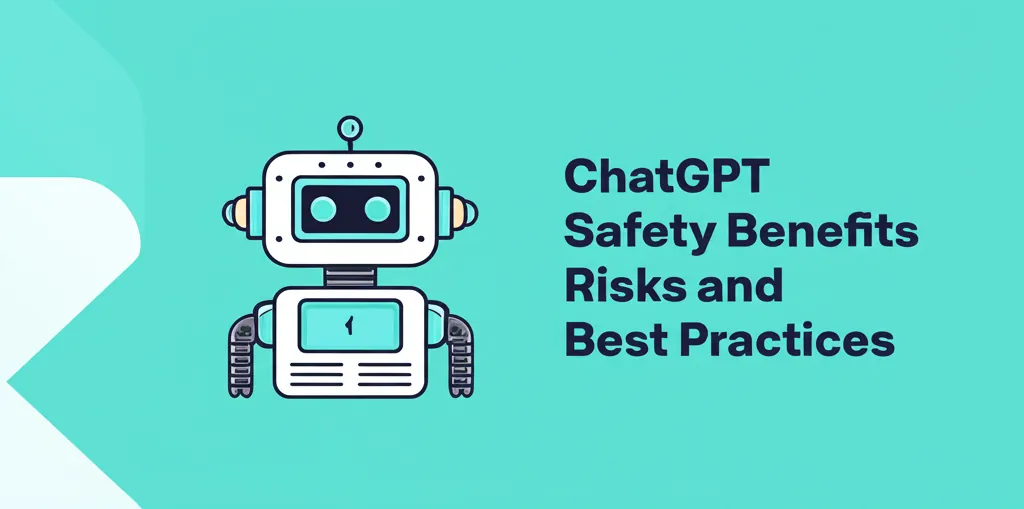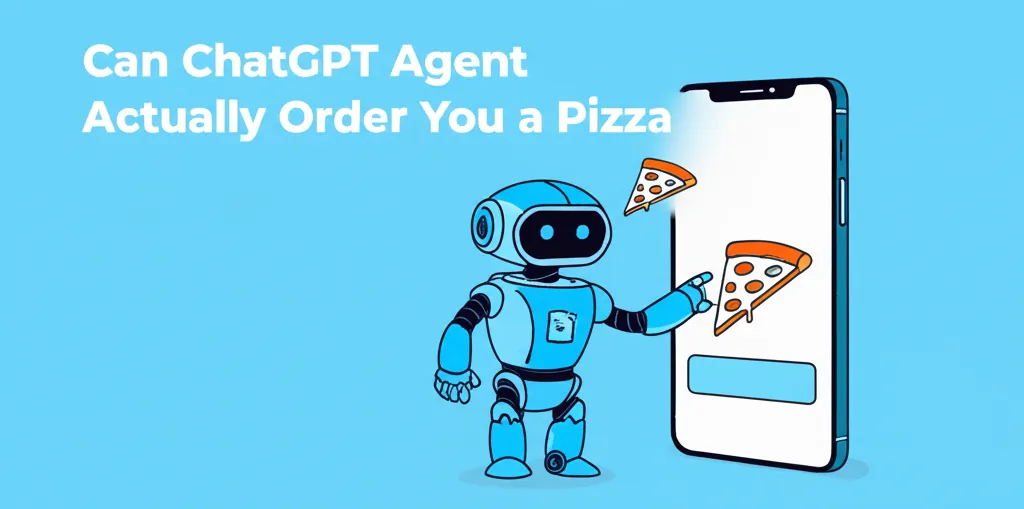Developer Offer
Try ImaginePro API with 50 Free Credits
Build and ship AI-powered visuals with Midjourney, Flux, and more — free credits refresh every month.
How ChatGPT Is Silently Changing The Way We Speak
The Rise of Robotic Language
It feels like we are living through the 'ChatGPTification' of everything. Since the launch of ChatGPT in November 2022, large language models have started to subtly reshape how we communicate. We're adopting strange new words and entrusting our personal and professional lives to an AI, often becoming more insecure and letting a robot make our decisions, like writing our emails which we then send without a second thought. A landmark MIT study, titled Your Brain on ChatGPT, suggests this shift is making us lazier, more gullible, and ironically, more distrustful, even as we rely on these systems for nearly everything.
The 'Delve' Dilemma AI's Telltale Signs
In academic and scientific circles, certain words have become red flags for AI-generated content. The verb “to delve,” for instance, is now a well-known giveaway. Ezequiel López, a researcher at the Max Planck Institute and co-author of a study on the topic, confirms that the use of 'delve' has skyrocketed since ChatGPT's release, becoming a taboo word that often elicits laughter at conferences. This linguistic tic isn't limited to one word; terms like 'intricate,' 'commendable,' and 'meticulous' have also seen a suspicious surge. According to computational linguistics experts Tom S. Juzek and Zina B. Ward, this happens because of biases in the human feedback process, where low-paid workers from regions where these words are more common review and shape the AI's responses.
A Flattening of Style and Emotion
Beyond specific word choices, the very rhythm and structure of our writing are changing. Our inboxes are now filled with perfectly correct but soulless messages. These emails often follow a rigid, three-paragraph structure with short, declarative sentences, lacking any trace of human emotion, vulnerability, or error. Linguists like Lara Alonso Simón from Madrid’s Complutense University note that these texts often paraphrase themselves, going in circles to say very little. This flattening of style, free of typos but also free of personality, is a clear sign that a machine, not a person, is behind the keyboard.
Why Does AI Writing Sound So Dull
Philip Seargeant, a professor of applied linguistics, explains that ChatGPT has a distinctive style that is “competently but dully” written. He points to common AI tells, such as using long dashes to insert explanatory phrases or listing examples in sets of three. Research on the Spanish language by Ana María Fernández and Lara Alonso Simón found that AI models overuse periods, creating a choppy rhythm, and stick rigidly to a subject-verb-predicate sentence structure—an order humans naturally break to add emphasis and style. The AI also frequently uses literal translations from English, resulting in awkward phrasing.

The Feedback Loop We're Learning from Machines
Adam Aleksic, author of Algospeak: How Social Media Is Transforming the Future of Language, warns of a dangerous feedback loop. As we consume more AI-generated text, our own mental maps of language begin to merge with those of the chatbots. LLMs are then trained on this AI-influenced human writing, further amplifying the robotic, homogenized style. Ezequiel López adds that ChatGPT influences us more than a human coworker might because it's available 24/7 and always agreeable, reinforcing its linguistic patterns in our own minds.
Eroding Trust and Erasing Individuality
This linguistic shift has real-world consequences for how we trust one another. A study published in Nature by Cornell University found that even the suspicion of AI use erodes the foundations of human communication. The sterile, perfect language of AI lacks the 'basic signs of humanity'—mistakes, vulnerability, humor, and effort—that signal trustworthiness. In academic settings, this has led to a plagiarism crisis. Professors like Juan Antonio Latorre and Gutmaro Gómez are now adept at spotting student essays written by AI, which often feature elevated, outdated language to describe complex topics in overly simplistic, black-and-white terms.
Your Brain on ChatGPT The Cognitive Cost
The aforementioned MIT study provides a stark look at the price of this convenience. It revealed that people using ChatGPT showed “a dramatic discrepancy” in brain activity compared to those who didn't. AI users exhibited minimal brain engagement, with lower connectivity in regions related to creativity and working memory. The study also found a powerful homogenizing effect; users' responses to personal questions converged on common, average ideas, suppressing individual voices. The authors noted that AI “externalizes thinking so completely that it makes us all equal,” pushing our thoughts toward a bland consensus. When asked about their AI-generated text, 80% of participants couldn't recall what they had supposedly written.
Accepting the New Boring Norm
Many users, particularly those with low AI literacy, perceive these systems as 'magic' and are more receptive to their use, as found by psychologist Chiara Longoni. The AI’s confident, categorical answers can have a hypnotic effect, making us doubt our own knowledge. This dependency is reinforced by experiments, such as one at Swinburne University where participants' writing became significantly more redundant after seeing an example from ChatGPT. For millions, this concise, impersonal, and slightly dull verbiage is becoming the new standard. The real danger may not be that our language is losing its originality, but that we are slowly forgetting to miss it.
Compare Plans & Pricing
Find the plan that matches your workload and unlock full access to ImaginePro.
| Plan | Price | Highlights |
|---|---|---|
| Standard | $8 / month |
|
| Premium | $20 / month |
|
Need custom terms? Talk to us to tailor credits, rate limits, or deployment options.
View All Pricing Details

